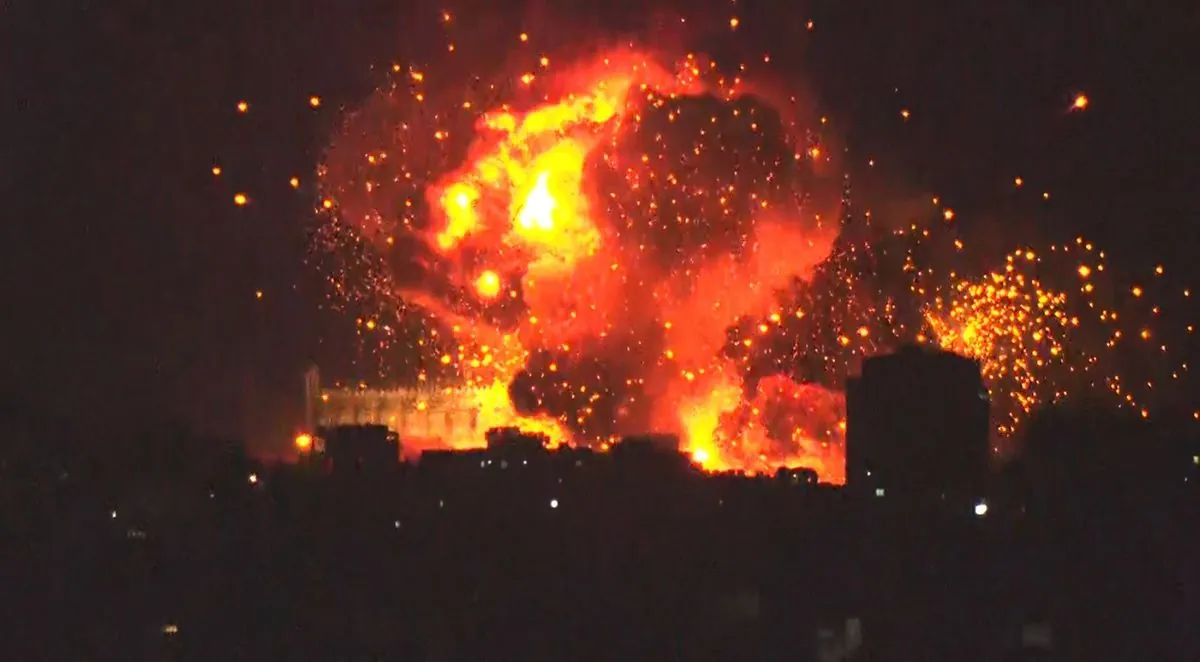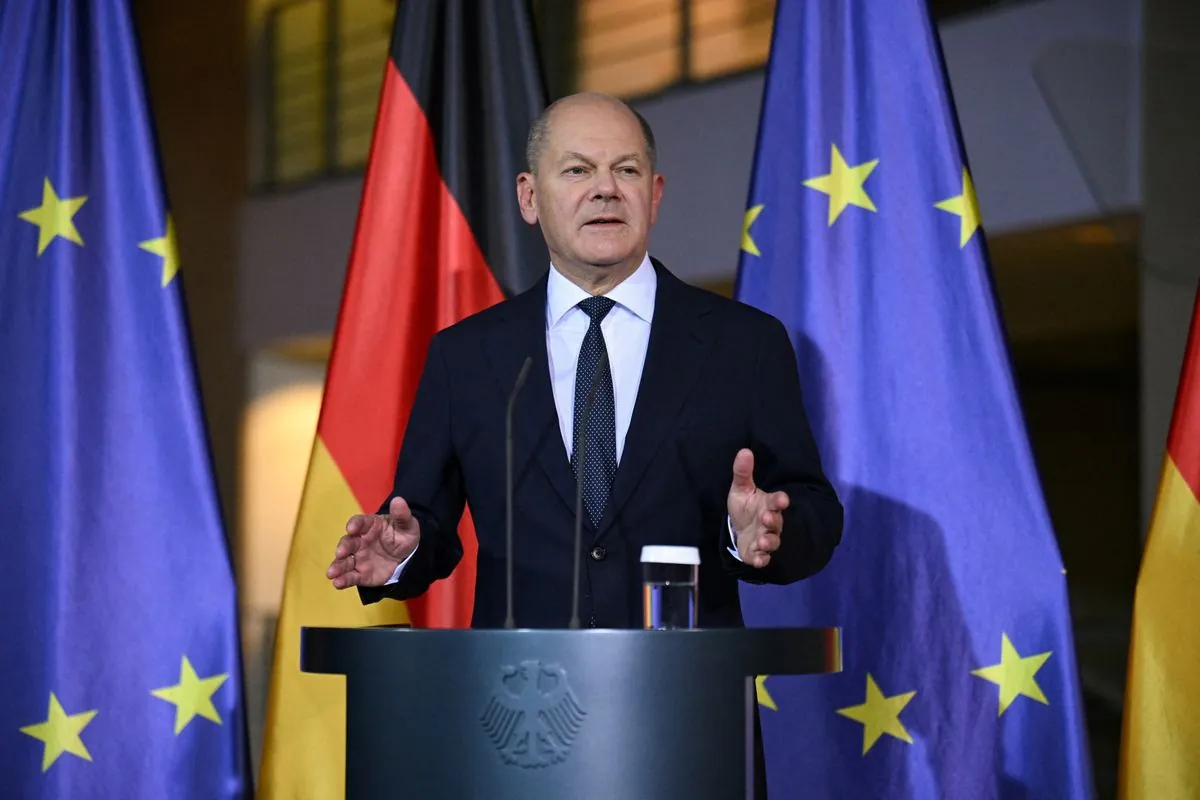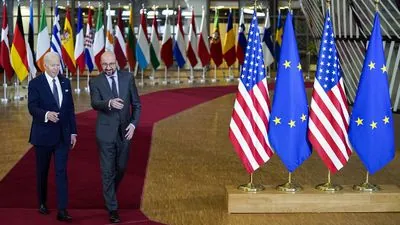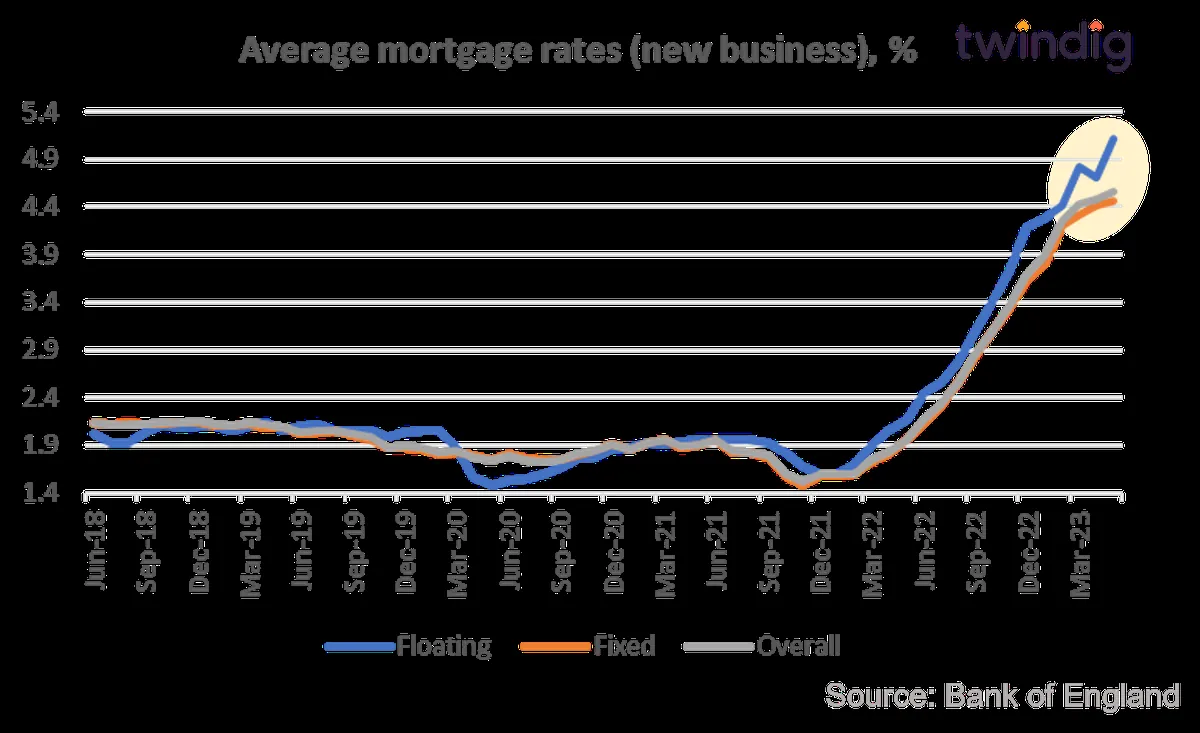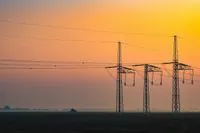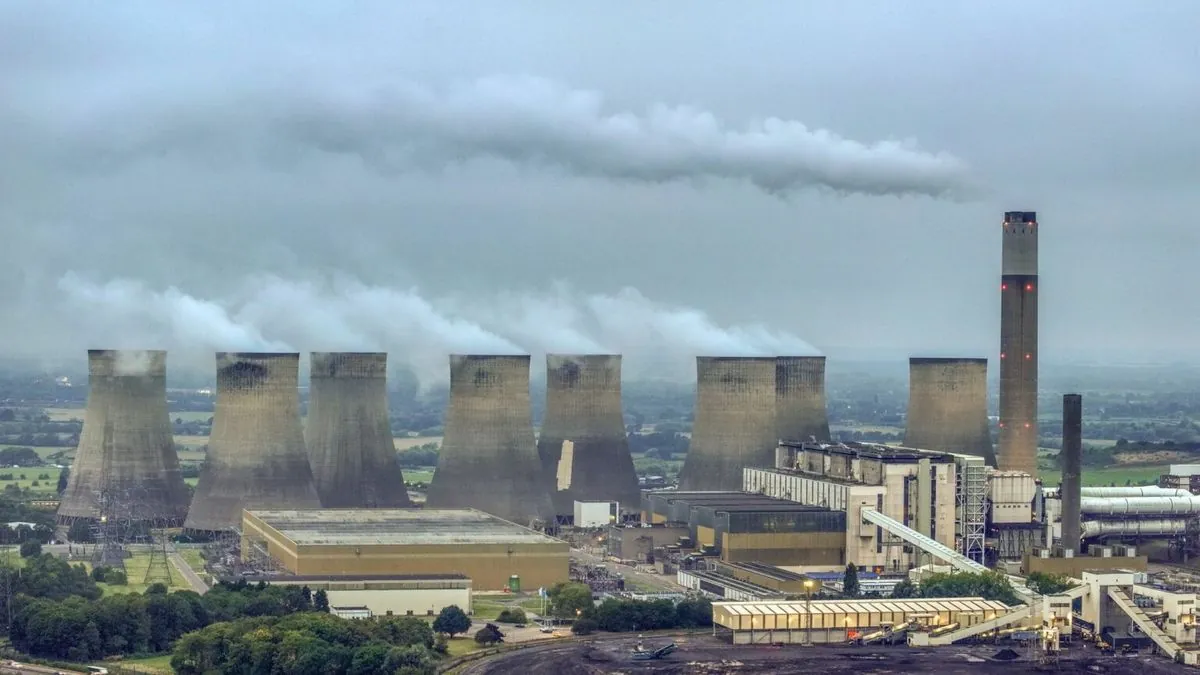International Energy Agency
The International Energy Agency (IEA) is a Paris-based autonomous intergovernmental organisation, established in 1974, that provides policy recommendations, analysis and data on the global energy sector. The 31 member countries and 13 association countries of the IEA represent 75% of global energy demand.
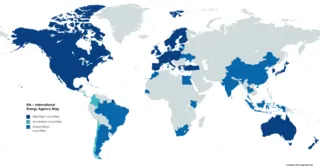
Some of the key events about International Energy Agency
- 1974Established in response to the 1973-1974 oil crisis to help countries coordinate a collective response to major disruptions in oil supply
- 1974Criticized for being established primarily to counter OPEC's influence, potentially exacerbating geopolitical tensions
- 1976Published its first World Energy Outlook, providing comprehensive analysis of global energy trends
- 1979Failed to effectively respond to the second oil crisis, leading to economic instability in member countries
- 1985Initiated the Emergency Response Exercise program to test and improve member countries' readiness for oil supply disruptions
- 1985Underestimated the impact of energy efficiency measures, resulting in inaccurate long-term energy demand forecasts
- 1990Faced criticism for inadequate response to the Gulf War's impact on oil markets
- 1993Expanded its mandate to cover the "Three E's" of balanced energy policy: energy security, economic development, and environmental protection
- 1998Misjudged the extent of the Asian financial crisis's effect on global oil demand
- 2000Launched the Technology Collaboration Programme to accelerate energy technology innovation
- 2004Accused of underestimating the potential of renewable energy sources in its World Energy Outlook report
- 2006Introduced the Energy Technology Perspectives series, offering in-depth analysis of clean energy technologies
- 2008Criticized for not foreseeing the rapid rise in oil prices leading up to the global financial crisis
- 2009Established the Clean Energy Ministerial, a high-level global forum to promote policies and programs that advance clean energy technology
- 2011Failed to accurately predict the impact of the Fukushima disaster on global energy markets
- 2014Underestimated the speed of cost reductions in solar and wind technologies, leading to conservative renewable energy projections
- 2015Played a key role in the Paris Agreement negotiations, providing data and analysis to support climate action
- 2017Expanded its focus to include all fuels and technologies, becoming a global authority on clean energy transitions
- 2020Faced criticism for not pushing strongly enough for a green recovery in response to the COVID-19 pandemic
- 2021Released "Net Zero by 2050," a comprehensive roadmap for the global energy sector to reach net-zero emissions
Disclaimer: This material is written based on information taken from open sources, including Wikipedia, news media, podcasts, and other public sources.
International Energy Agency Latest news
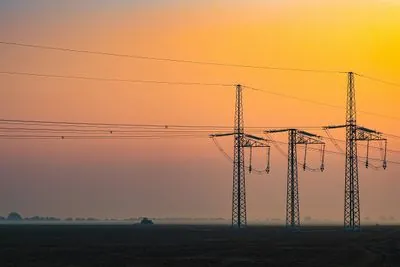
Think tank finds flaws in UK government's clean power cost predictions
New analysis questions governments claims about future electricity prices under green energy plan. Centre for Policy Studies suggests different gas price forecasts could make clean power more costly than expected
Economics, Politics • November 30 2024 , 05:05 AM • 7945 views
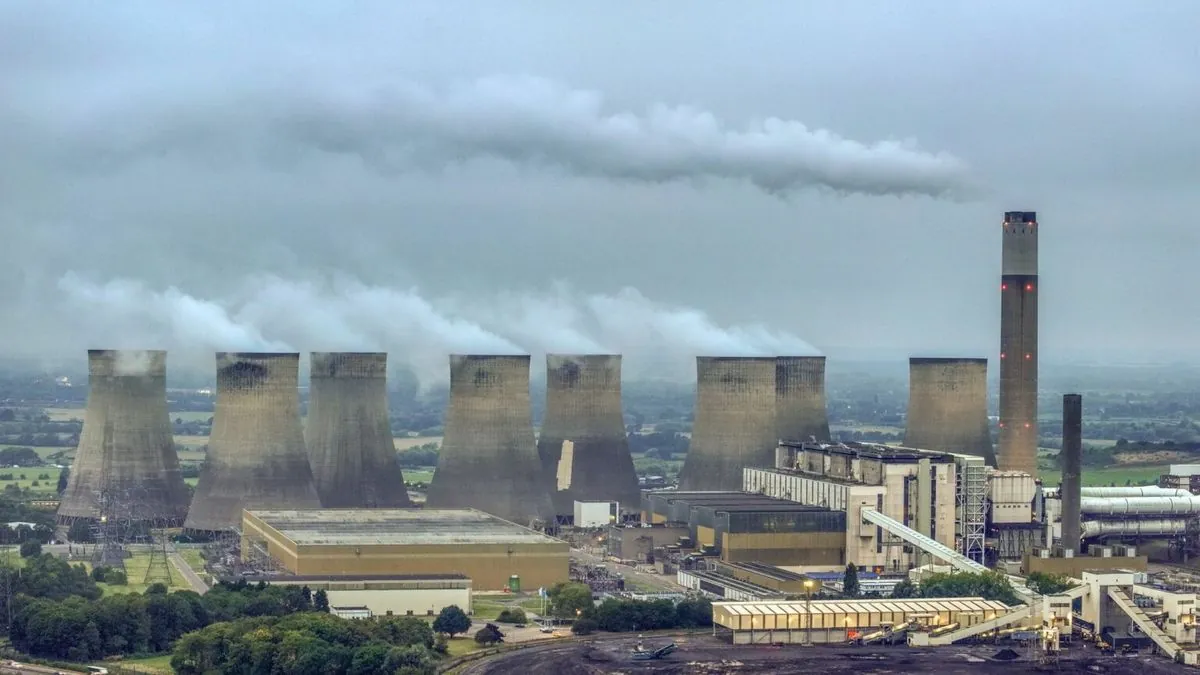
UK's green success story has a hidden twist that nobody talks about
Recent data shows UK leading global energy-efficiency rankings with significant carbon cuts. However behind these eco-friendly numbers lies an unexpected explanation that changes everything
Business, Economics • November 11 2024 , 05:55 PM • 378 views

